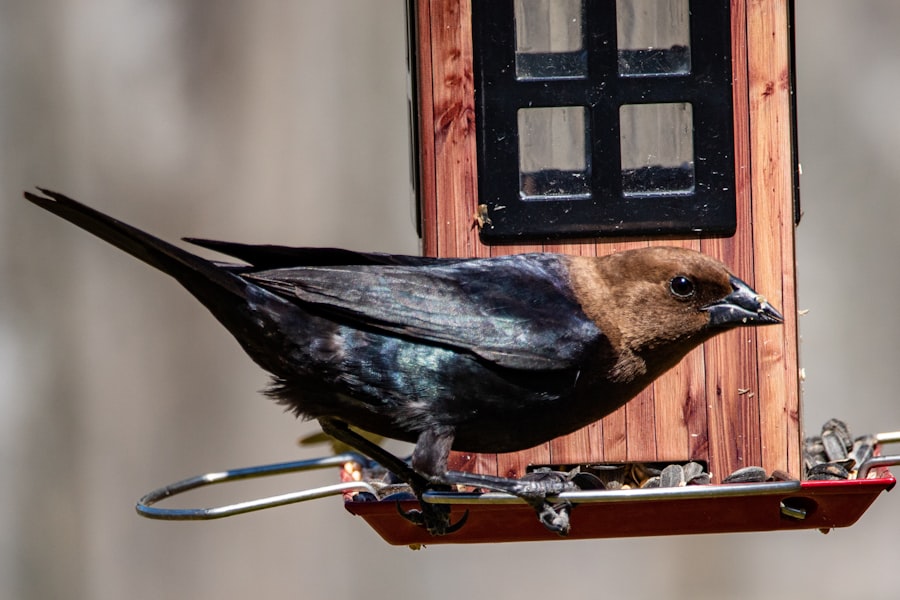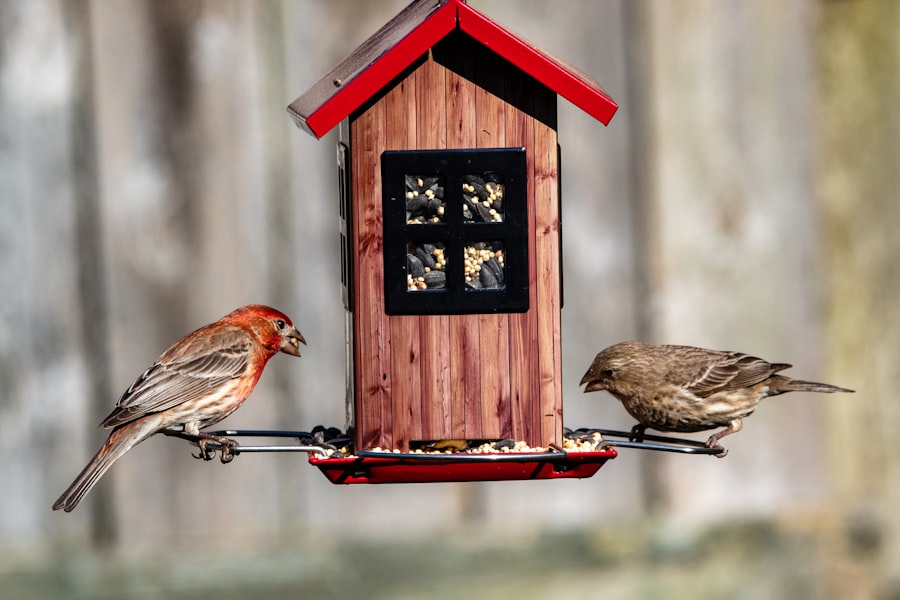Urban and suburban chicken keeping has gained popularity in recent years as individuals seek to establish a closer connection to their food sources and adopt more sustainable lifestyles. However, many local authorities have implemented regulations governing the keeping of chickens within city boundaries. These rules are intended to safeguard the health and well-being of both the chickens and the surrounding community, while also mitigating potential nuisances such as noise and odor.
Prospective chicken keepers should thoroughly research and understand these regulations before initiating their backyard poultry endeavors. Common restrictions may include limits on the number of chickens allowed, requirements for coop size and placement, and prohibitions on roosters. Additionally, some areas may require permits or inspections to ensure compliance with local ordinances.
By adhering to these guidelines, urban chicken keepers can contribute to a harmonious coexistence between their feathered friends and their neighbors.
Table of Contents
- 1 Permitted Number of Chickens
- 2 Coop and Run Requirements
- 3 Noise and Odor Regulations
- 4 Health and Safety Guidelines
- 5 Permitting and Registration Process
- 6 Penalties for Violating Council Rules
- 7 FAQs
- 7.1 What are the rules for keeping chickens in a council area?
- 7.2 What are some common regulations for keeping chickens in council areas?
- 7.3 Do I need a permit to keep chickens in a council area?
- 7.4 What should I do if I want to keep chickens in a council area?
- 7.5 What are the potential consequences of not following council rules for keeping chickens?
Key Takeaways
- Council rules on keeping chickens outline the regulations and guidelines for residents who wish to keep chickens on their property.
- The permitted number of chickens allowed varies depending on the specific council regulations and the size of the property.
- Coop and run requirements specify the minimum size and construction standards for the housing and outdoor space for the chickens.
- Noise and odor regulations aim to minimize disturbances to neighbors and maintain a clean and healthy environment for the community.
- Health and safety guidelines cover the proper care, feeding, and disease prevention for the chickens to ensure their well-being and the safety of the community.
- The permitting and registration process typically involves submitting an application and paying a fee to obtain approval for keeping chickens.
- Penalties for violating council rules may include fines, revocation of permits, or other enforcement actions to ensure compliance with the regulations.
Permitted Number of Chickens
Permitted Number of Chickens
One of the key regulations that local councils typically impose on chicken keeping is the permitted number of chickens that a household is allowed to keep. This number can vary widely depending on the size of the property, its proximity to neighboring homes, and other factors. In some areas, there may be a limit on the total number of chickens, while in others, the limit may be based on the size of the property or the distance between the coop and neighboring properties.
Consequences of Non-Compliance
It is important for prospective chicken keepers to research and understand these regulations before acquiring chickens, as exceeding the permitted number of chickens can result in fines or other penalties. In addition to the total number of chickens allowed, some councils may also have specific regulations regarding the ratio of hens to roosters.
Roosters and Noise Regulations
Roosters are known for their loud crowing, which can be a source of annoyance for neighbors, so many councils restrict or prohibit the keeping of roosters altogether. It is important for prospective chicken keepers to be aware of these regulations and to plan their flock accordingly.
Compliance and Neighborly Relations
By adhering to these regulations, chicken keepers can ensure that they are in compliance with local laws and can avoid potential conflicts with their neighbors.
Coop and Run Requirements

Local councils often have specific requirements for the construction and maintenance of chicken coops and runs. These requirements are designed to ensure the health and safety of the chickens, as well as to minimize potential nuisances such as odor and noise. Coop and run requirements may include specifications for the size and construction of the coop, the materials used, and the placement of the coop on the property.
For example, some councils may require that coops be a certain distance from property lines or neighboring homes, while others may have specific guidelines for predator-proofing the coop and run. In addition to construction requirements, councils may also have regulations regarding the cleanliness and maintenance of coops and runs. This can include regular cleaning and disinfection protocols, as well as guidelines for waste disposal.
By adhering to these requirements, chicken keepers can ensure that their coops and runs are in compliance with local laws and are providing a safe and healthy environment for their chickens. It is important for prospective chicken keepers to familiarize themselves with these regulations before constructing or purchasing a coop, as non-compliance can result in fines or other penalties.
Noise and Odor Regulations
One of the most common concerns that local councils address in their regulations on chicken keeping is noise and odor. Chickens are known for their clucking and squawking, which can be a source of annoyance for neighbors if not properly managed. In addition, chicken waste can produce odors that may be unpleasant for those living nearby.
To address these concerns, many councils have specific regulations regarding noise and odor control for backyard chicken keepers. These regulations may include guidelines for maintaining clean coops and runs, as well as protocols for waste disposal to minimize odor. In addition, some councils may have specific restrictions on the times of day when chickens are allowed to be outside or making noise.
By adhering to these regulations, chicken keepers can minimize potential conflicts with their neighbors and ensure that their chickens are not causing undue nuisance to the surrounding community.
Health and Safety Guidelines
Local councils often have regulations in place to ensure the health and safety of backyard chickens. These regulations may include requirements for providing adequate food, water, and shelter for the chickens, as well as guidelines for preventing the spread of disease. For example, some councils may require regular health inspections for backyard flocks, while others may have specific protocols for managing sick or injured birds.
In addition to these regulations, councils may also provide resources and guidelines for chicken keepers to educate themselves on best practices for maintaining the health and safety of their flocks. This can include information on proper nutrition, disease prevention, and emergency care for chickens. By adhering to these regulations and guidelines, chicken keepers can ensure that their flocks are healthy and well-cared-for, while also minimizing potential risks to public health.
Permitting and Registration Process

Obtaining a Permit or Registration
In many areas, keeping chickens within city limits requires a permit or registration process with the local council. This process typically involves submitting an application, paying a fee, and potentially undergoing an inspection of the property and facilities where the chickens will be kept. The purpose of this process is to ensure that prospective chicken keepers are aware of and in compliance with all relevant regulations before acquiring chickens.
Educational Components
The permitting and registration process may also include educational components, such as workshops or informational materials on best practices for chicken keeping. By participating in these educational opportunities, prospective chicken keepers can gain valuable knowledge on how to care for their flocks in a way that is safe, healthy, and compliant with local laws.
Compliance and Penalties
It is important for prospective chicken keepers to familiarize themselves with the specific requirements for permitting and registration in their area before acquiring chickens, as failure to comply with these requirements can result in fines or other penalties.
Penalties for Violating Council Rules
Local councils typically have penalties in place for those who violate regulations on keeping chickens within city limits. These penalties can range from fines to orders to remove or rehome chickens, depending on the nature and severity of the violation. Common violations that may result in penalties include exceeding the permitted number of chickens, failing to maintain clean coops and runs, or causing excessive noise or odor nuisances.
It is important for chicken keepers to be aware of these potential penalties and to take proactive measures to ensure compliance with local regulations. This can include regular maintenance and cleaning of coops and runs, respectful communication with neighbors about potential concerns, and ongoing education on best practices for chicken keeping. By taking these proactive measures, chicken keepers can minimize the risk of violating council rules and can enjoy a positive relationship with their neighbors and local authorities.
If you’re considering keeping chickens in your backyard, it’s important to familiarize yourself with the council rules and regulations regarding poultry. According to a recent article on Poultry Wizard, having a secure and appropriate chicken coop, like the one discussed in their Snaplock Chicken Coop piece, is essential for meeting council requirements. Additionally, understanding the specific needs of your chickens, such as providing a suitable nest box as outlined in their Chicken Coop Nest Box article, can help ensure you are in compliance with local regulations. And if you’re also considering keeping geese alongside your chickens, it’s worth checking out their article on whether geese can eat chicken feed at Poultry Wizard. By staying informed and following the appropriate guidelines, you can enjoy the benefits of keeping chickens while also being a responsible and compliant member of your community.
FAQs
What are the rules for keeping chickens in a council area?
Each council area may have different rules and regulations regarding keeping chickens. It is important to check with your local council to find out the specific rules for your area.
What are some common regulations for keeping chickens in council areas?
Common regulations for keeping chickens in council areas may include limits on the number of chickens allowed, requirements for coop size and placement, restrictions on roosters, and guidelines for waste management.
Do I need a permit to keep chickens in a council area?
Some council areas may require a permit to keep chickens, while others may not. It is important to check with your local council to determine if a permit is needed.
What should I do if I want to keep chickens in a council area?
If you are interested in keeping chickens in a council area, it is important to research and understand the rules and regulations set by the local council. This may include obtaining any necessary permits and ensuring that you comply with all guidelines for keeping chickens.
What are the potential consequences of not following council rules for keeping chickens?
Failure to comply with council rules for keeping chickens may result in fines, penalties, or other legal consequences. It is important to adhere to the regulations set by the local council to avoid any potential issues.
Meet Walter, the feathered-friend fanatic of Florida! Nestled in the sunshine state, Walter struts through life with his feathered companions, clucking his way to happiness. With a coop that’s fancier than a five-star hotel, he’s the Don Juan of the chicken world. When he’s not teaching his hens to do the cha-cha, you’ll find him in a heated debate with his prized rooster, Sir Clucks-a-Lot. Walter’s poultry passion is no yolk; he’s the sunny-side-up guy you never knew you needed in your flock of friends!







